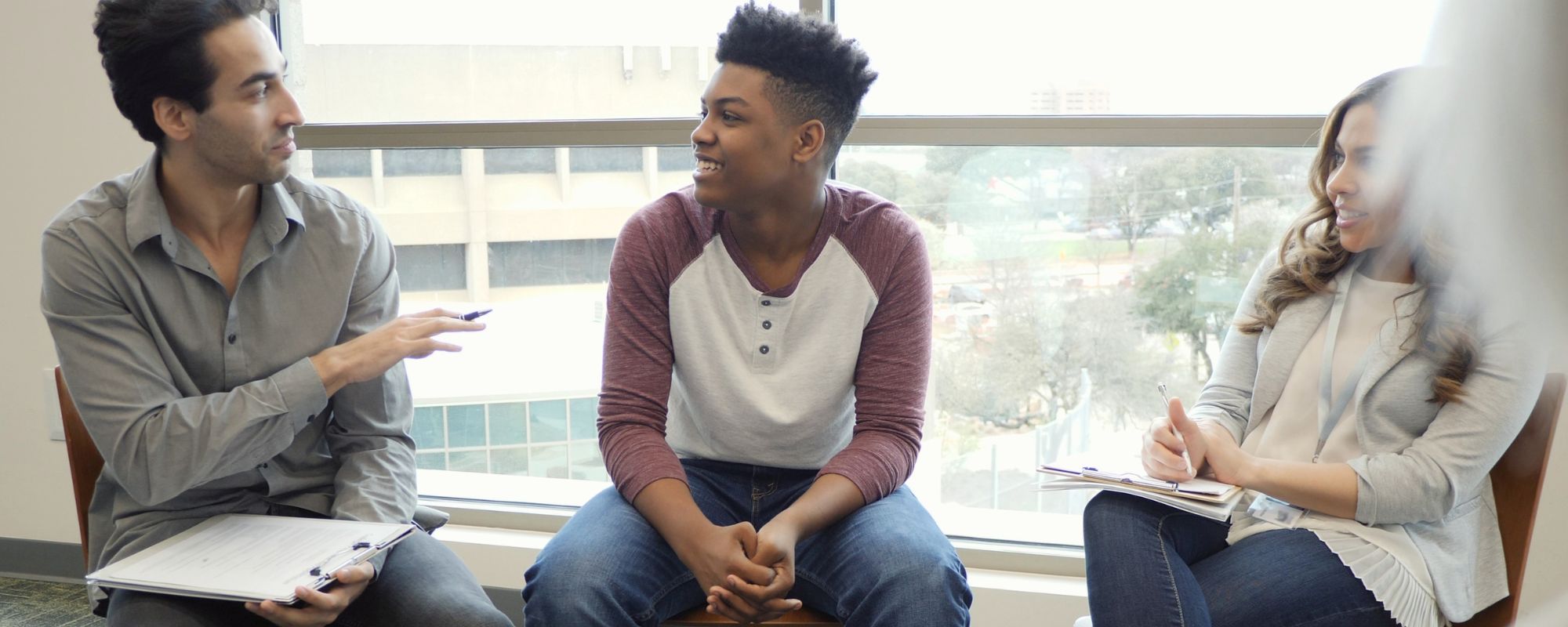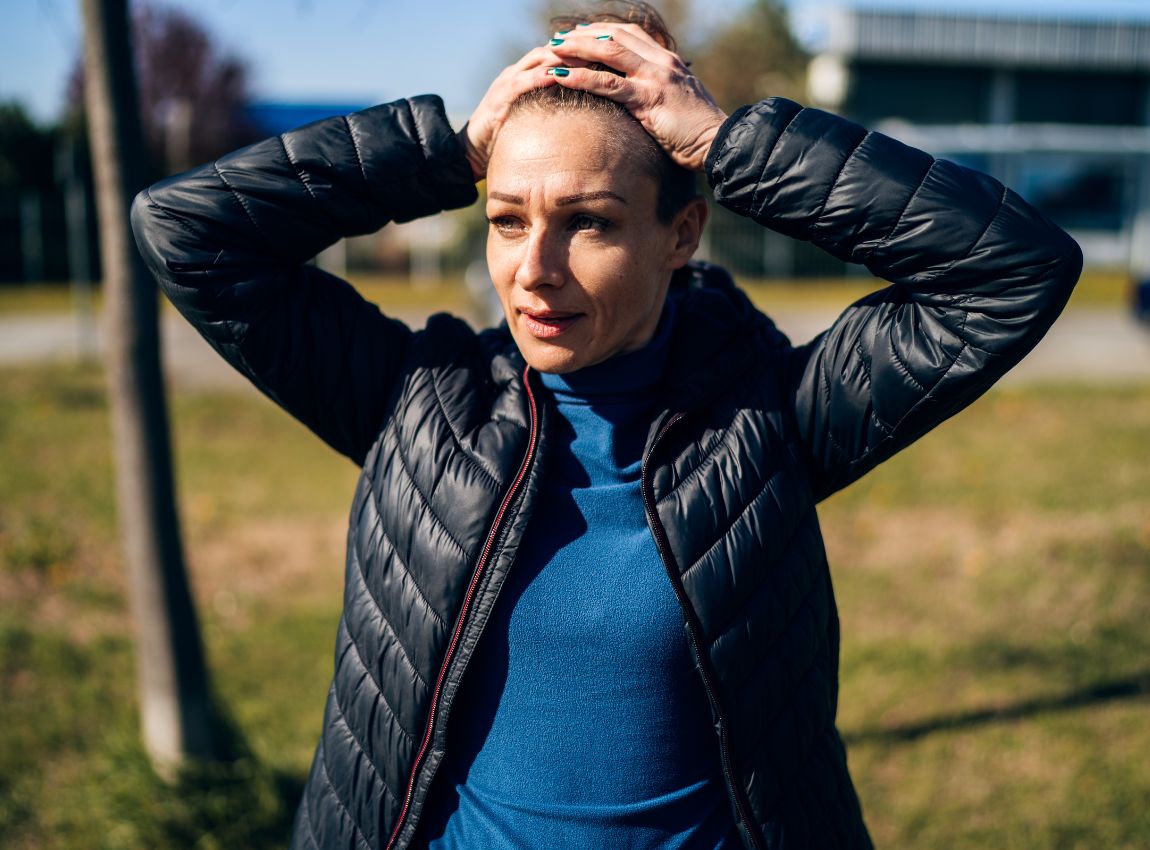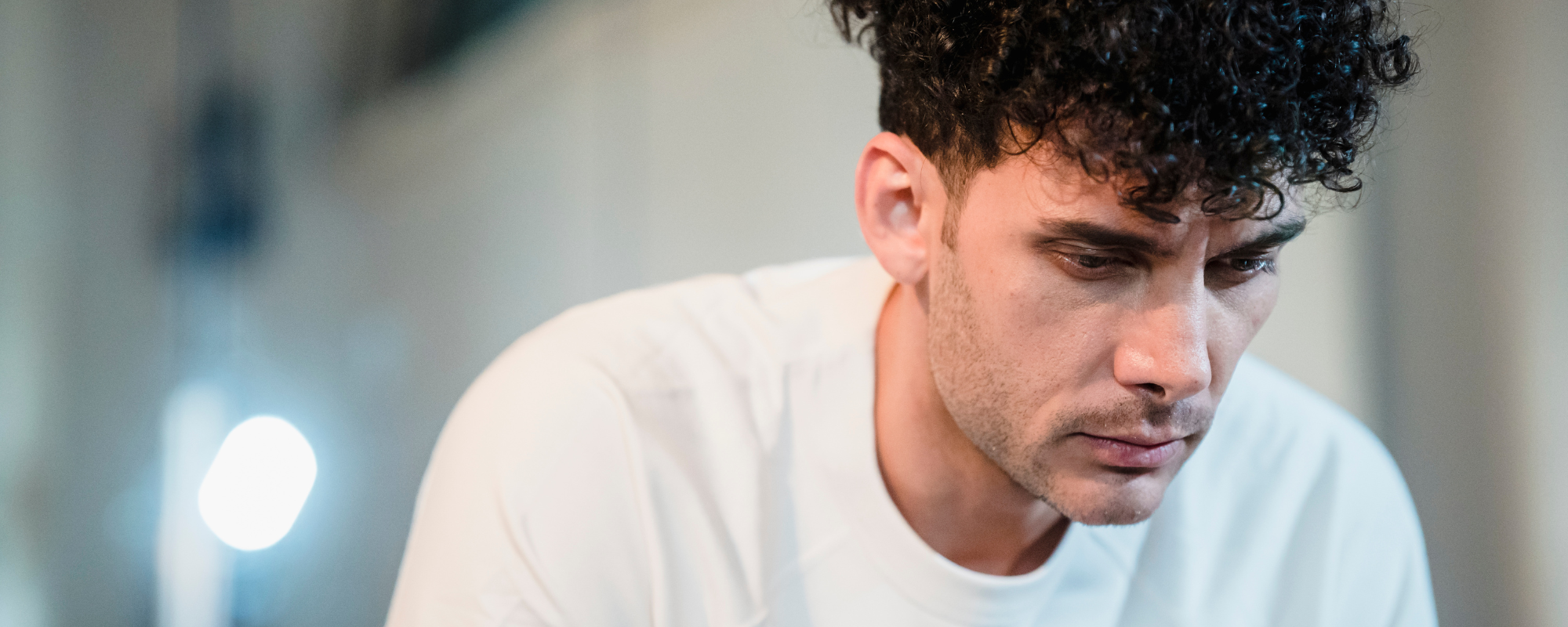For many people who struggle with addiction, mental health conditions are a common underlying cause of their substance abuse. Dual diagnosis rehab is one of the most effective options to overcome these co-occurring disorders.
Chapter 5 Recovery at Royal Life Centers is a top provider of dual diagnosis treatment in Arizona. If you are ready to start your recovery, we are here to provide the comprehensive and compassionate support you need to succeed.
What Is Dual Diagnosis Rehab?
A dual diagnosis occurs when a person has two or more disorders. This typically involves a substance use disorder and a mental health condition. These conditions often interact with and exacerbate each other, making recovery a challenge for those who struggle with them.
Dual diagnosis rehab is a specialized treatment program. These programs are designed for individuals who are struggling with co-occurring conditions. These conditions often coexist, and addressing both simultaneously is crucial for successful recovery.
In many cases, mental health symptoms can drive people to self-medicate with drugs or alcohol. While this may provide temporary alleviation, this is not a long-term solution. Self-medication can often worsen their condition and cause new problems over time.
According to SAMHSA’s 2022 National Survey on Drug Use and Health, an estimated 21.5 million adults in the U.S. struggle with co-occurring disorders. Because of this prevalence, there is an overwhelming need for effective treatment options.
Fortunately, treatment centers like Chapter 5 Recovery offer comprehensive care to effectively address dual diagnoses. By combining traditional and holistic healing methods, we offer the support and guidance you need to heal your mind, body, and spirit.
What Is Self-Medicating?
Self-medicating refers to the act of using substances to treat yourself for physical or psychological conditions. This is often done without (and sometimes against) a doctor’s guidance. There are several substances that many ways people may self-medicate, such as:
- Drugs: Prescription medications, over-the-counter drugs, or illegal substances.
- Alcohol: Excessive drinking to cope with feelings or symptoms.
- Food: Using food to manage emotions or stress.
- Other behaviors: Excessive shopping, gambling, or internet use.
People may self-medicate for many reasons. For instance, they may attempt to use substances to manage physical symptoms. This is common among individuals who suffer from chronic pain or are recovering from an injury.
Similarly, people may also try to use drugs and alcohol to manage emotional pain. In cases of those who struggle with depression and anxiety, substance use can be a tempting but temporary solution for difficult thoughts and feelings.
However, it is important to remember that self-medicating can be very harmful. Many substances, even those prescribed by a doctor, can have negative side effects when misused. This can include both physical and mental health consequences, as well as the risk of addiction.
If you are self-medicating, it’s important to seek professional help. Our dual-diagnosis treatment specialists can help you understand the underlying causes of your symptoms and develop a safe and effective recovery plan.
Why Is It Important to Treat Both?
Mental health disorders and substance abuse often interact and influence each other. For example, someone with depression may self-medicate with drugs or alcohol. This is done in an attempt to alleviate their symptoms. Conversely, substance abuse can exacerbate or trigger mental health conditions.
Addressing both conditions simultaneously provides a more comprehensive and effective approach to treatment. Treatment centers for dual diagnosis use tailored strategies that account for this relationship. This can lead to better treatment outcomes and long-term recovery success.
When both conditions are treated together, this helps to prevent relapse. If one disorder is left untreated, it can increase the likelihood of relapse in the other. Addressing both simultaneously allows you to develop healthy coping mechanisms and support systems.
Reach Out for Help With Addiction
Are you struggling with addiction?
Royal Life Centers at Chapter 5 is here to help you recover. Because we care.
What Therapies are Offered at Dual Diagnosis Rehab Centers?
Our dual diagnosis rehab center offers a variety of therapeutic approaches. These are combined to effectively address our clients’ co-occurring disorders. The specific therapies that will work best for you will depend on your needs and recovery goals. This is why we work with you one-on-one to create a treatment plan that is tailored to you specifically.
Evidence-Based Psychotherapy
Our dual diagnosis program uses several research-based psychotherapies. These are specifically designed to find the root causes of your mental health and substance abuse issues. They provide you with healthy coping skills and tools to manage your symptoms and lead a happier, more productive life.
Some of the research-based therapies used in our programs include:
- Cognitive-behavioral therapy (CBT): This focuses on identifying and changing negative thought patterns and behaviors.
- Dialectical behavior therapy (DBT): This therapy teaches mindfulness, distress tolerance, emotion regulation, and interpersonal effectiveness skills.
- Motivational enhancement therapy (MET): This helps you explore your motivations for change and develop strategies to overcome barriers.
In addition to these, we also offer individual and group therapy sessions. These can help you discuss your issues in a private setting, as well as amongst individuals who understand what you are going through.
Holistic Therapy
Holistic therapies offer a complementary approach to traditional treatments for dual diagnosis. These therapies address your issues from a whole-person perspective. This includes your physical, emotional, and spiritual well-being.
Some of the holistic therapies we use in our dual diagnosis program include:
- Yoga: Combines physical postures, breathing exercises, and meditation to promote relaxation and mindfulness.
- Meditation: Helps you focus on the present moment, reduce stress, and improve emotional regulation.
- Acupuncture: Thin needles are inserted into specific points on the body to stimulate the flow of energy and promote healing.
- Massage therapy: Can help reduce muscle tension, improve circulation, and alleviate stress.
- Nutrition counseling: Provides guidance on healthy eating habits to support physical and mental health.
- Art therapy: Uses creative expression to help individuals process emotions and develop coping skills.
If you are struggling with a dual diagnosis, it is important to know that you are not alone. Treatment centers like ours are designed to help you understand your conditions and provide you with the support you need to achieve long-term recovery. Reach out to us today to learn more about how we can help you get started on the path to a happier, healthier life.
- Meth Mouth: The Tell-Tale Sign of Crystal Methamphetamine Abuse - January 26, 2026
- What Does Meth Look Like? How to Identify Crystal Methamphetamine - January 19, 2026
- Snorting Ice: Understanding Slang Terms for Crystal Meth Use - January 12, 2026






